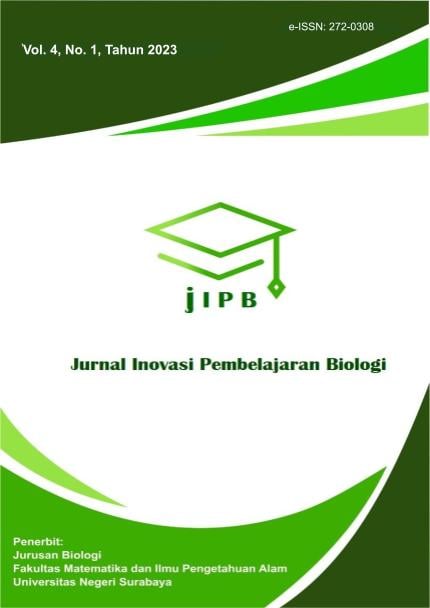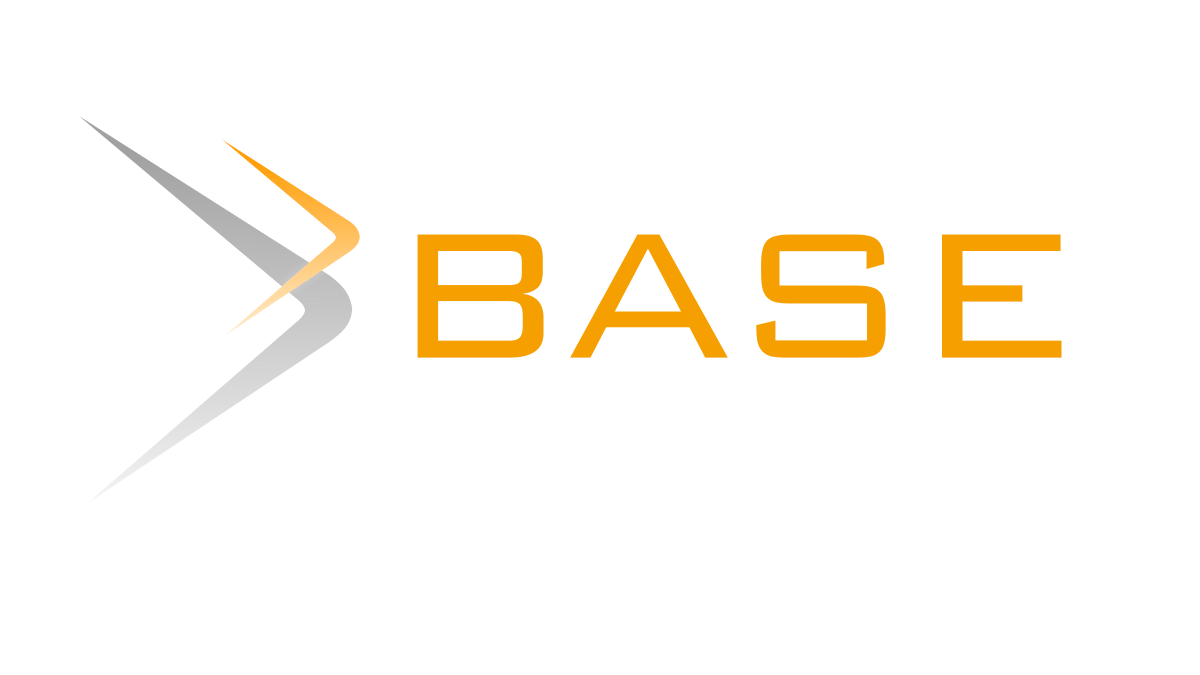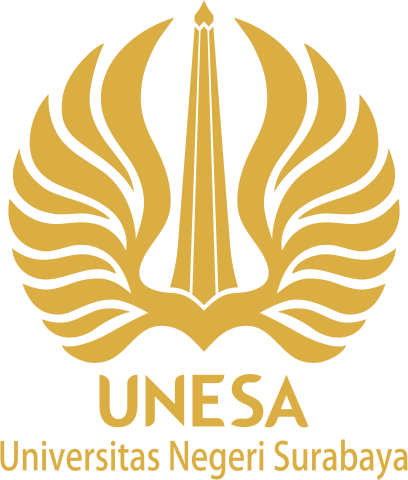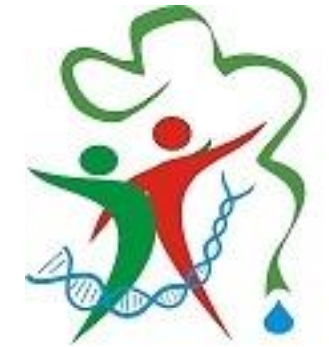Pengembangan E-modul Pembelajaran Ekosistem Berbasis Masalah
DOI:
https://doi.org/10.26740/jipb.v4n1.p23-38Keywords:
ADDIE, e-modul, pembelajaran berbasis masalahAbstract
Implementasi pendidikan belum sepenuhnya fokus untuk membimbing siswa dalam menelaah permasalahan ekosistem serta konsekuensinya, ditandai dengan rendahnya daya serap materi ekosistem dalam UN dan keterampilan berpikir kritis menurut survei OECD. Maka, dibutuhkan bahan ajar yang mampu memfasilitasi kegiatan berpikir secara mandiri dalam bentuk e-modul yang memuat kegiatan penyelesaian masalah dengan mengikuti sintaks problem-based learning (PBL). Penelitian ini bertujuan untuk mengembangkan e-modul ekosistem berbasis PBL untuk melatih keterampilan berpikir kritis mengikuti prosedur pengembangan ADDIE. Pengumpulan data dilakukan menggunakan instrumen lembar validitas oleh pakar pendidikan, pakar materi, dan guru biologi, serta menggunakan lembar angket untuk mengetahui kepraktisan e-modul berdasarkan penilaian dari siswa. Data yang diperoleh lalu dianalisis deskriptif kuantitatif menggunakan skala Likert dan skala Guttman. Hasil penelitian menunjukkan e-modul dikategorikan sangat valid berdasarkan tinjauan konten, presentasi, dan kebahasaan dengan rata-rata skor 3.78, serta dinyatakan sangat praktis dengan skor 96.94%. Dengan demikian, e-modul ekosistem berbasis PBL dinyatakan layak untuk melatih keterampilan berpikir kritis, serta berpotensi diterapkan oleh satuan pendidikan untuk membentuk siswa yang kritis akan permasalahan ekosistem.
References
Arends, R. I. (2012). Learning to Teach (9th ed.). McGraw-Hill Companies, Inc.
Branch, R. M. (2009). Approach, Instructional Design: The ADDIE. In Department of Educational Psychology and Instructional Technology University of Georgia. USA.
Chik, A. (2020). Informal Language Learning. General & Introductory Linguistics Second Language Acquisition, 1.
Facione, P. A. (2016). Critical Thinking : What It Is and Why It Counts (Issue January 2015). Measured Reasons LLC.
Kemendikbud. (2019). Laporan Hasil Ujian Nasional Kabupaten Mojokerto | Kementerian Pendidikan dan Kebudayaan. Hasil Ujian Nasional 2019. diakses online https://hasilun.puspendik.kemdikbud.go.id/#2019!sma!daya_serap!05&12&999!a&06&T&T&1&unbk!1!&.
Malhi, Y., Franklin, J., Seddon, N., Solan, M., Turner, M. G., Field, C. B., Knowlton, N. (2020). Climate change and ecosystems: Threats, opportunities and solutions. Philosophical Transactions of the Royal Society B: Biological Sciences, 375(1794).
Reese, R. (2020). Use clear and simple language. Federation University Communication Guidelines - Writing Toolkit; Federation University Australia. https://federation.edu.au/staff/business-and-communication/communication-guidelines/writing-toolkit/use-clear-and-simple-language.
Sugandi, E. Rohma, N., Listyowati A., Nuryadi A., Pravesti, C.A. Mufidah, E.F., Asmaul R., Mutianingsih, N., & Prayit L.L. (2021). Pelatihan Pembuatan video pembelajaran berbasis software camtasi bagi guru SMA Negeri 1 Dawarblandong Mojokerto. Jurnal pengabdian pada masyarakat 6(4), 1244-1249.
Downloads
Published
Issue
Section
 Abstract views: 2162
,
Abstract views: 2162
, PDF Downloads: 2206
PDF Downloads: 2206








